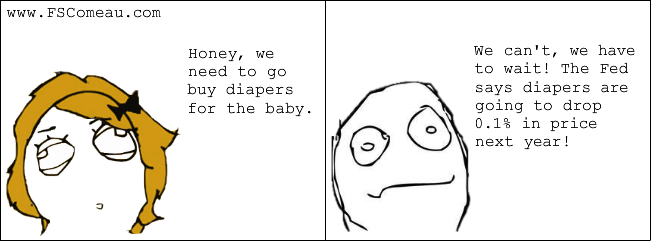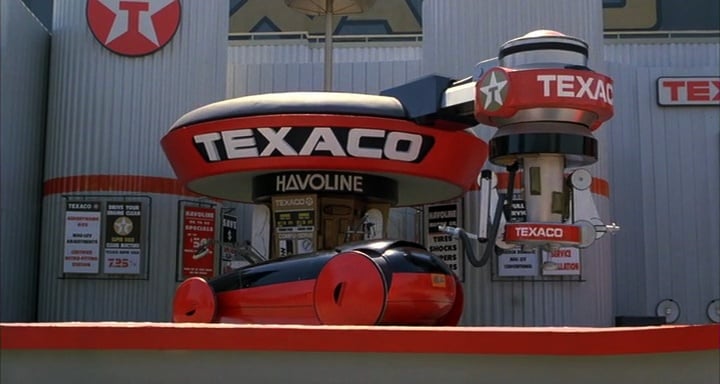Still thrilled about what happened to me exactly a week a go, I'm going to tell you a story which has a lesson inside it.
If you are a student (as approximately 90 % of my readers are) you know how tedious it is to write job applications. Whether it is a part-time job in the cashier of Lidl or a internship position in your own field of study, it's just pain in the ass. Endless updates of your cv, coming up with new cover letters and exchanging phone calls and emails with the rectuires. That takes a big chunk of your day.
But you know what? It is worth it.
A long ago I decided that I want to include an internship for my Masters' studies. Preferably in abroad to gain some international insight. While scouting interesting positions, I also investigated the charasteristics of a good job application.
First of all, always include a picture in your cv. A friend of mine who is a CEO of his own company once stated that almost every application that is without a picture of the applicant gets rejected. Almost every one. So attaching a picture is something that you should definitely do so your application isn't faceless. Also the more personal and different the cv, the more is the propability of you being standing out of the crowd. Create something your own!
Another good point is the way you start your cover letter. Never, repeat, NEVER, start your cover letter with the following way:
Hi, I'm nönnönnöö, a XX-year-old student from Y. I'm studying K in H....Most of the applications received start this way. If you want to stand out, never do this. I personally start with a story from my own life that is related to the job. This way the rectuiter reads more rows from YOUR application and uses more time for YOUR application when it's a bit different. Trust me, you will be remembered.
And remember that the recruites know nothing about you that you haven't told in your application! Remember to mention all the relevant things for the particular position.
You should also avoid certain word and phrases when describing yourself such as happy, brave, confident, team player, spontaneous and open-minded. This are the words that 15-year-olds use when applying summer jobs. What's even more, in prestigious vacancies there might exist more sophisticated technology that tracks these kind of words and rejects applications on bases of these words. True story.
I examined these charasteristics and updated my CV, and went for a quest to find my place of internship. I created one base structure of the cover letter so that only slight adjustments needed to be made for different positions. This saved time and allowed me to use the "shot-gun-tactic" that allowed me to blast my applications to pretty much all over the world (thank you, LinkedIn and EasyApply).
I can't count the amount of applications that I sent. I just figured out that if I'd sent 100 decent applications to different positions, I might get interviewed to 2 of those and see what happens.
If you made it this far I can reveal that this kind of research, workload and applying paid off. I was shocked when I was first interviewed and then accepted for an internship in the European Investment Bank in Luxembourg! (explains the first image of this blog).
I will start on 1st of February in the Operations Directoriate as an analyst-trainee for Baltic and Nordic midcap-enterprises. This was far away from the vacancies that I thought I would get. No idea where does this take me from now on and the 20-year-old Samu would have never believed that something like this could happen in life.
I'm almost done with preparations, I'm only missing an ridiciously expensive local accommodation but I'm working on it. This blog might become more travel-oriented because of that but I ensure you that this is not going to be another travelling blog. But of course I might be writing about the economical and financial issues that I'm dealing there at that moment at that scenery.
I promised you a lesson and here it it: Never consider that there exist a job position to which you are too young, undereducated or lacked in skills. You should always try. And try again. And try again for 100 other jobs of your dreams. Eventually if you have really put an effort for your application, made it personal and haven't give up, you might just really get the job of your dreams.
Merci beaucoup!
Text: SW
Pictures don't belong to me












.jpg)











:fill(transparent,1)/about/GreenMarketing-56b2a3f05f9b58def9c8d83b.jpg)












